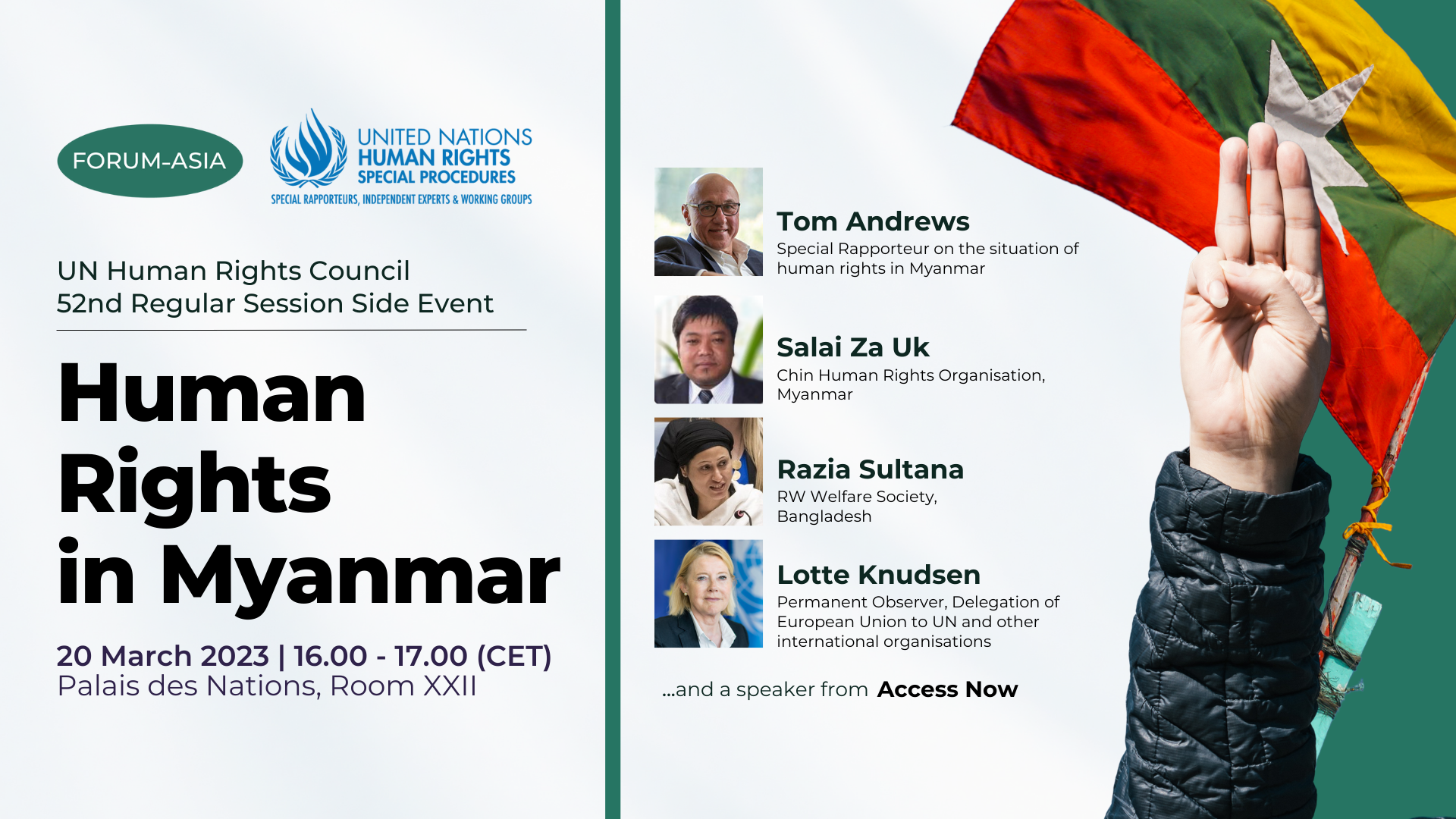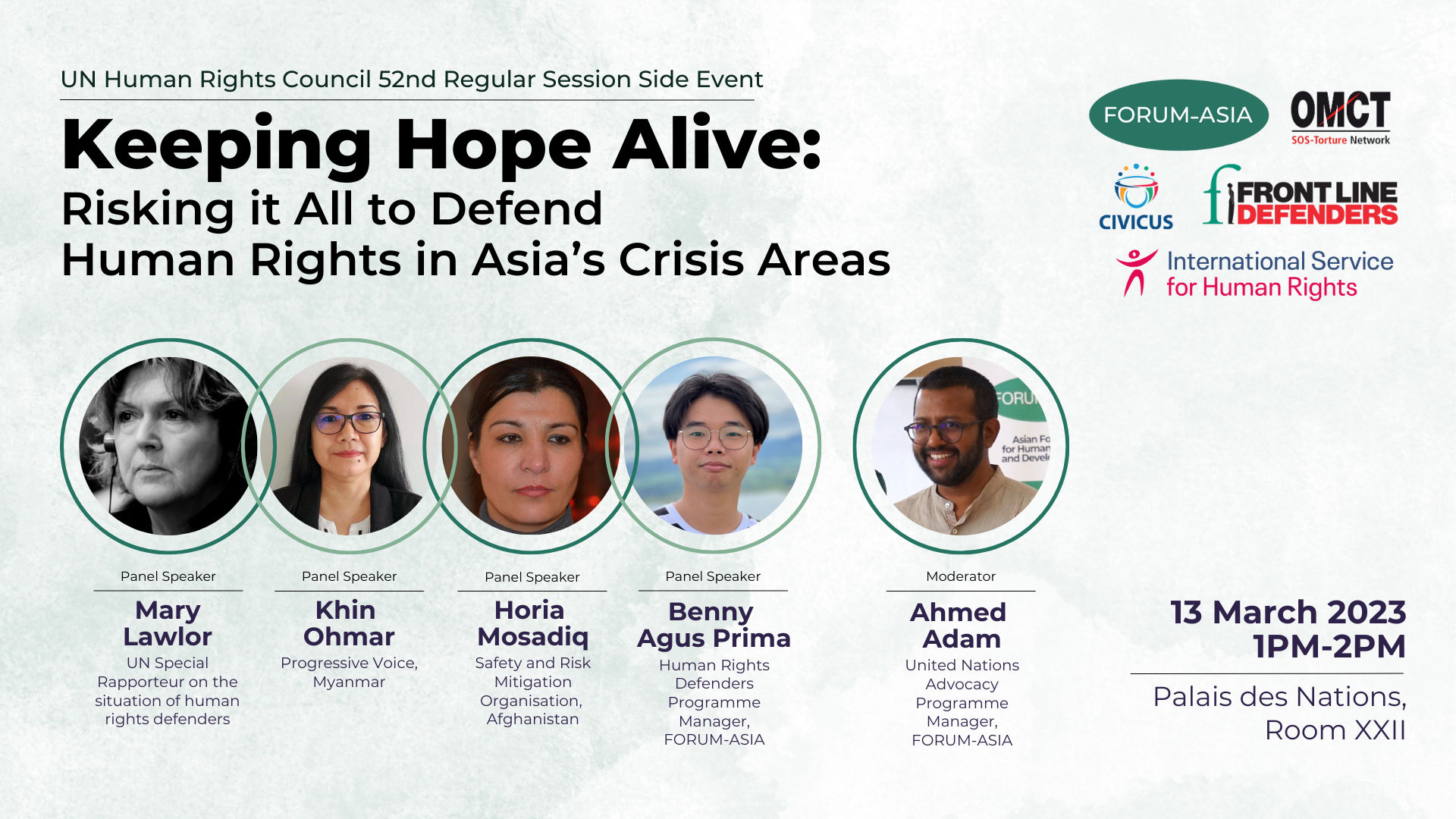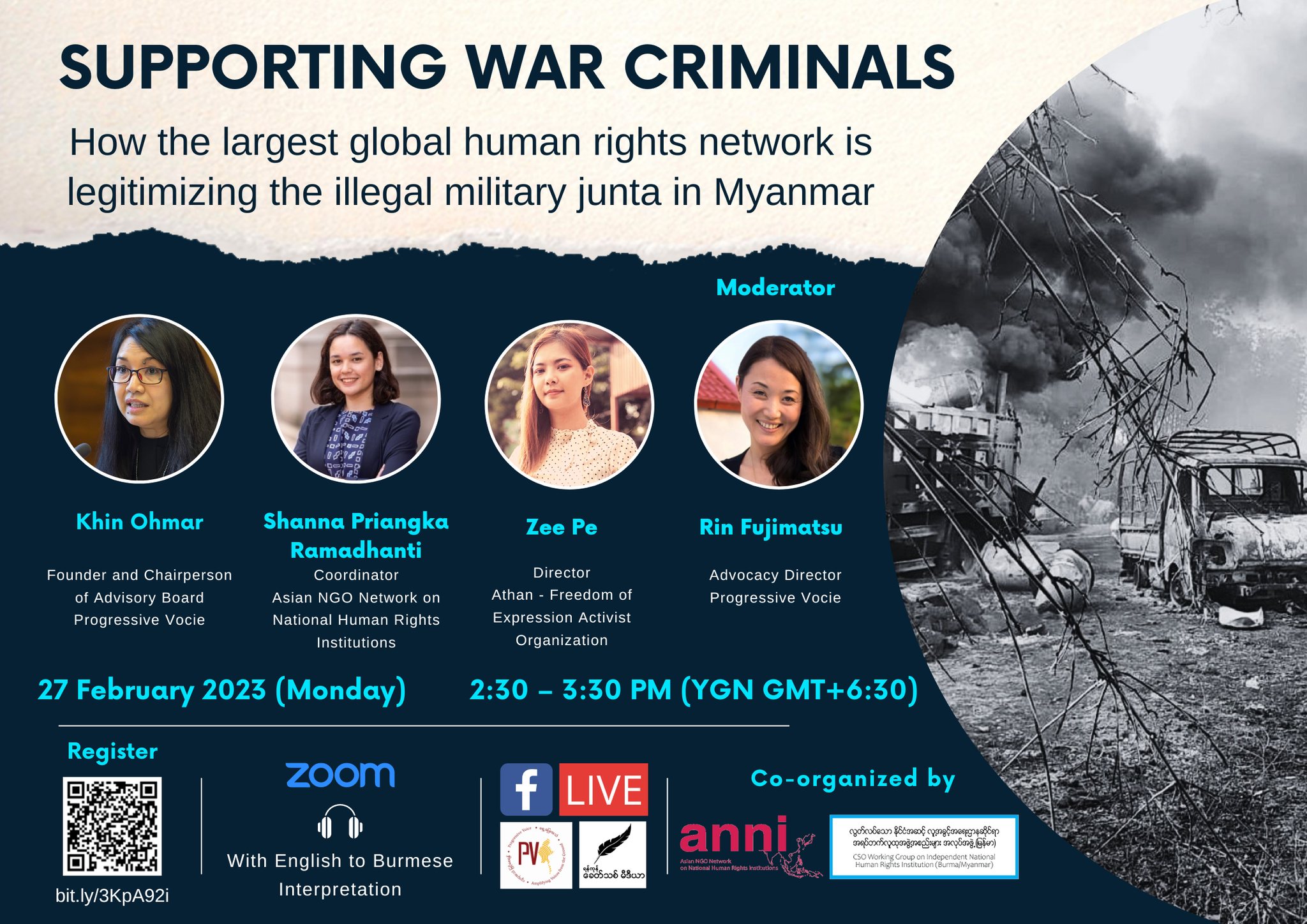Thursday, 2 May 2024
08AM (BKK) | 10AM (TYO) | 11AM (MEL)
Zoom Webinar (Registration Link)
In March 2024, the government of Hong Kong, enacted a controversial national security law known as Article 23. This legislation significantly expands upon existing laws to cover offenses such as treason, sedition, state secrets, and trials held behind closed doors. The law, purportedly aimed at ensuring stability, has sparked widespread concerns regarding its potential erosion of civil liberties and further suppression of dissent.
The origins of Article 23 trace back decades, with the initial attempt to pass such a law in 2003 resulting in massive protests and its eventual shelving. Fast forward to 2024, the government claims overwhelming public support for the law, citing a 99% approval rate during a recent consultation period. However, critics argue that the law provides authorities with excessive power to crackdown on dissidents and suppress freedoms guaranteed to Hong Kong under the “one country, two systems” framework.
The enactment of Article 23 in 2024 represents another step towards tightening control over Hong Kong’s civil society and stifling dissent. Despite assurances from Hong Kong authorities that the law is necessary for maintaining stability and national security, critics argue that it poses a grave threat to the city’s cherished freedoms and undermines the principles of the “one country, two systems” framework. The law’s broad and vaguely defined provisions, coupled with its potential for abuse and selective enforcement, have sparked fears of widespread censorship, arbitrary arrests, and political persecution.
Against this backdrop, the need for informed discourse, advocacy, and international solidarity in support of Hong Kong’s autonomy and civil liberties has never been more urgent. This webinar seeks to provide a platform for dialogue and action, bringing together experts, activists, and concerned individuals to analyze the implications of Article 23 and explore avenues for protecting and promoting human rights in Hong Kong and beyond.
Speakers:
- Simon Henderson, International Human Rights Lawyer
- Aleksandra Bielakowska, Advocacy Officer of Reporters Without Borders (RSF)
- Shibani Mahtani, International Investigative Correspondent of Washington Post and Co-author of Among the Braves
This post was originally published on FORUM-ASIA.
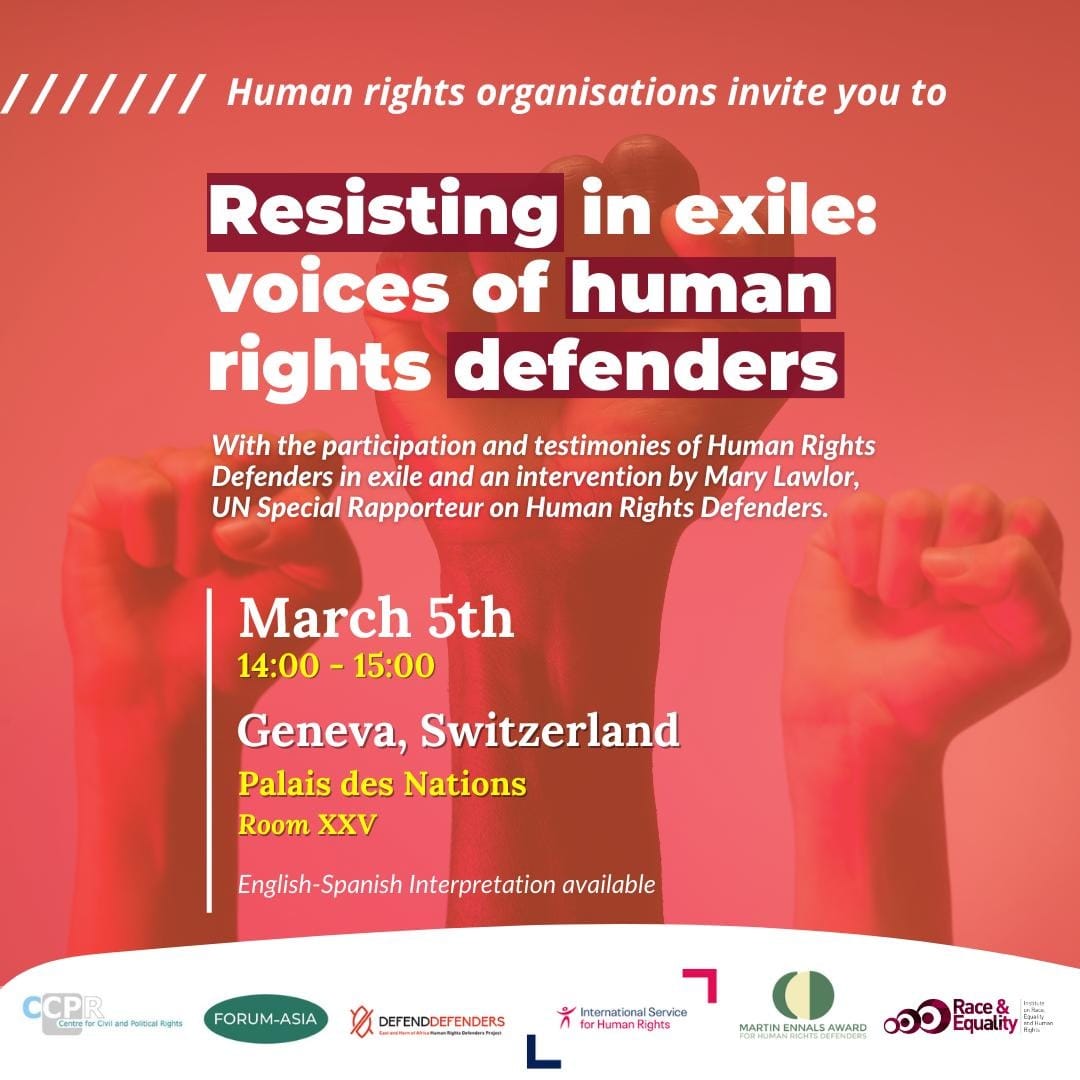
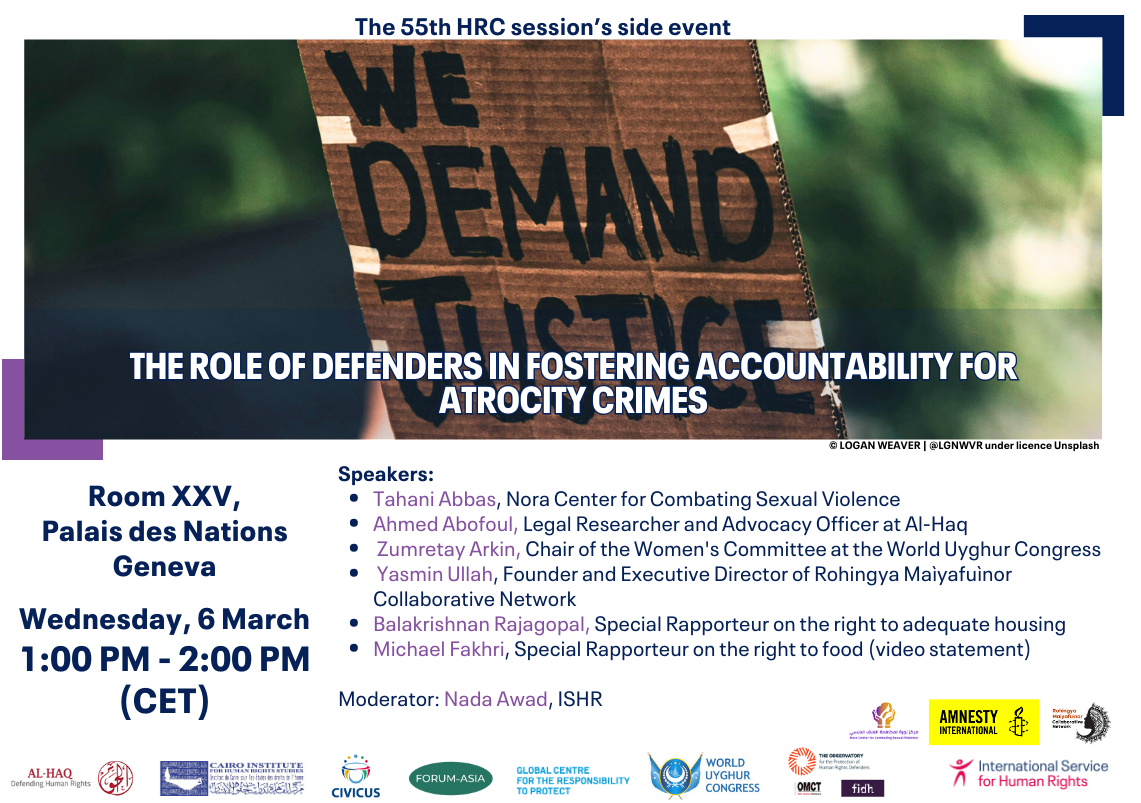
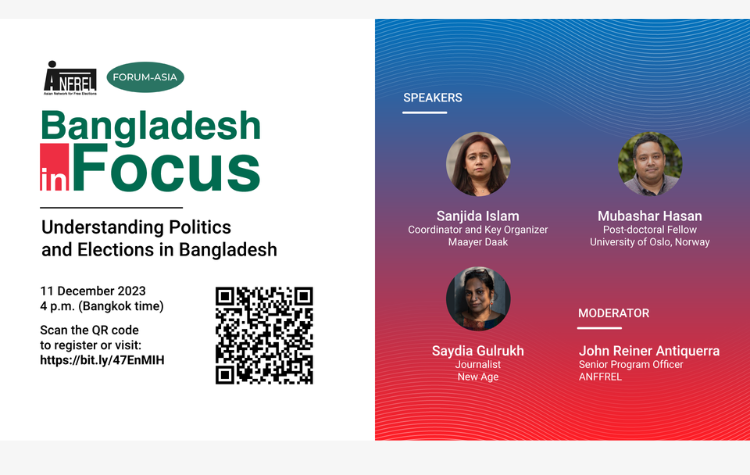
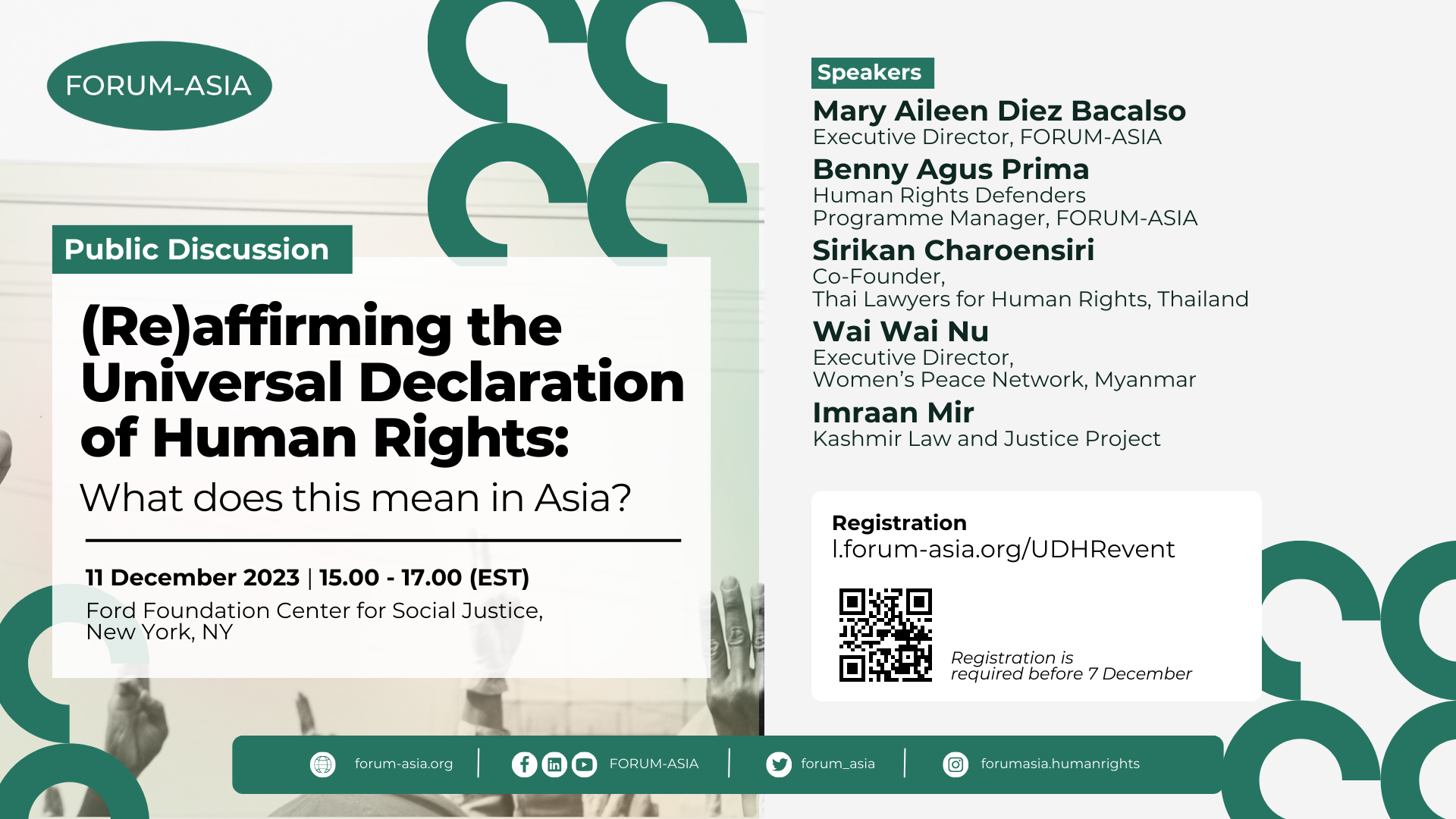

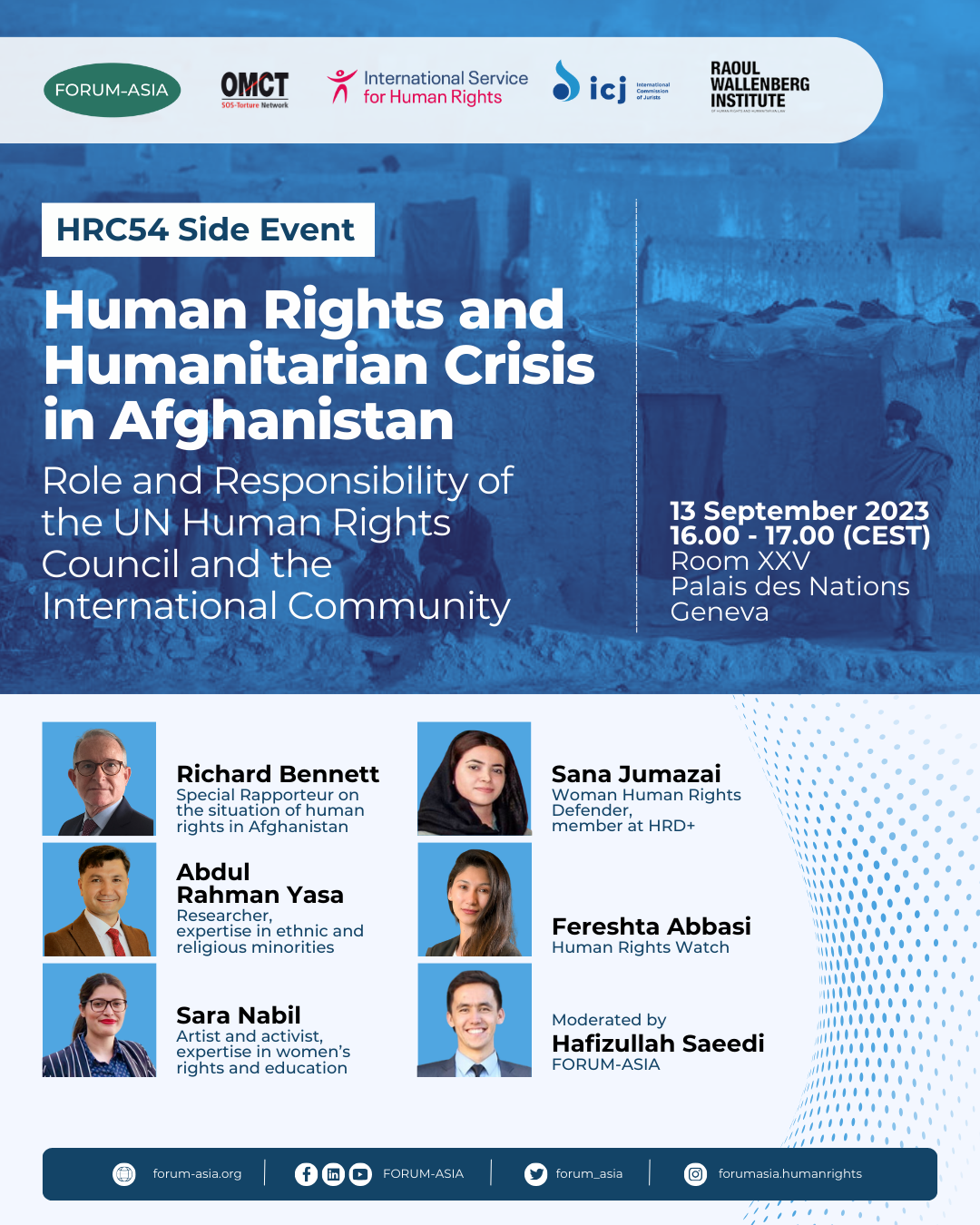
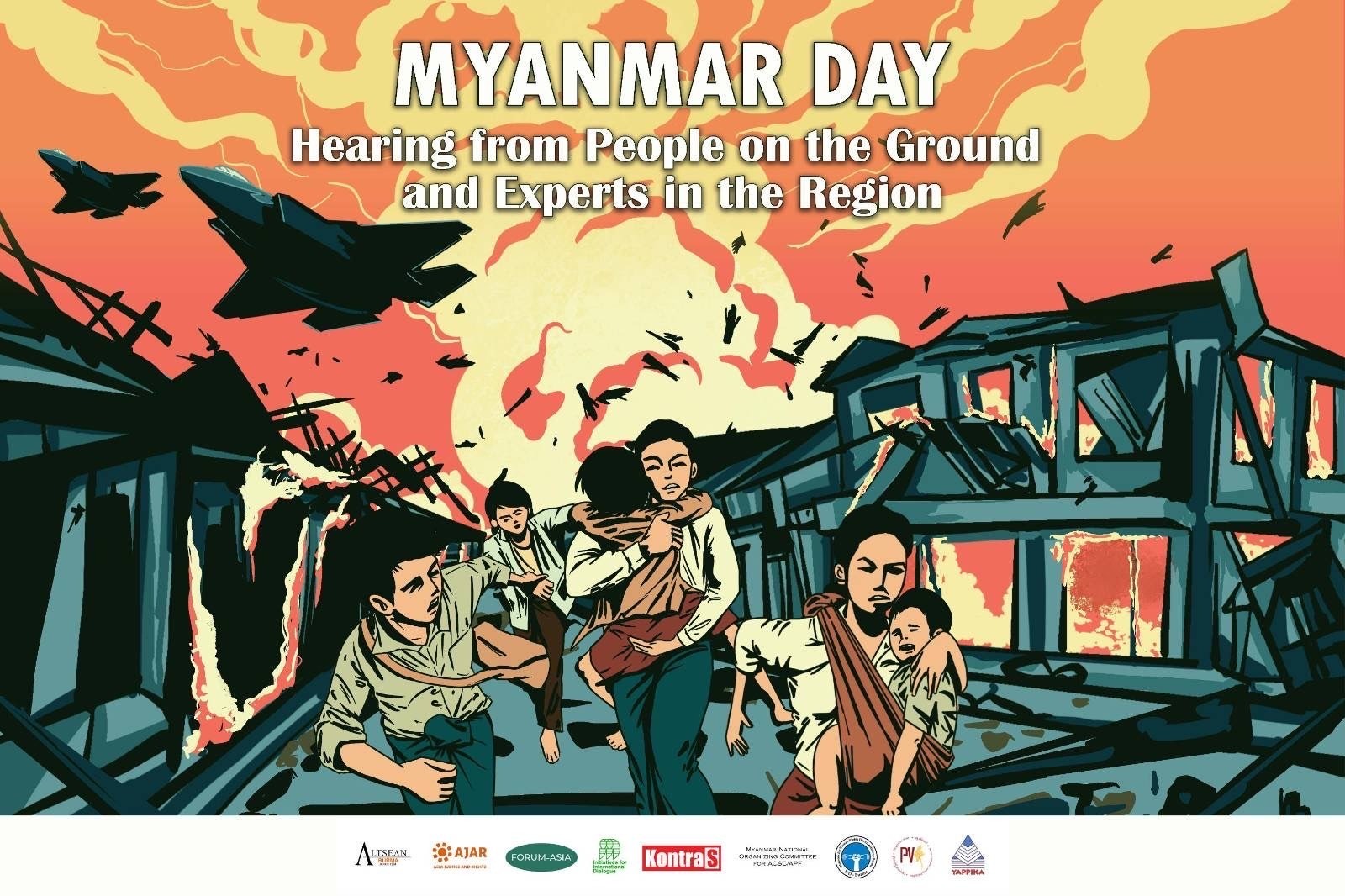
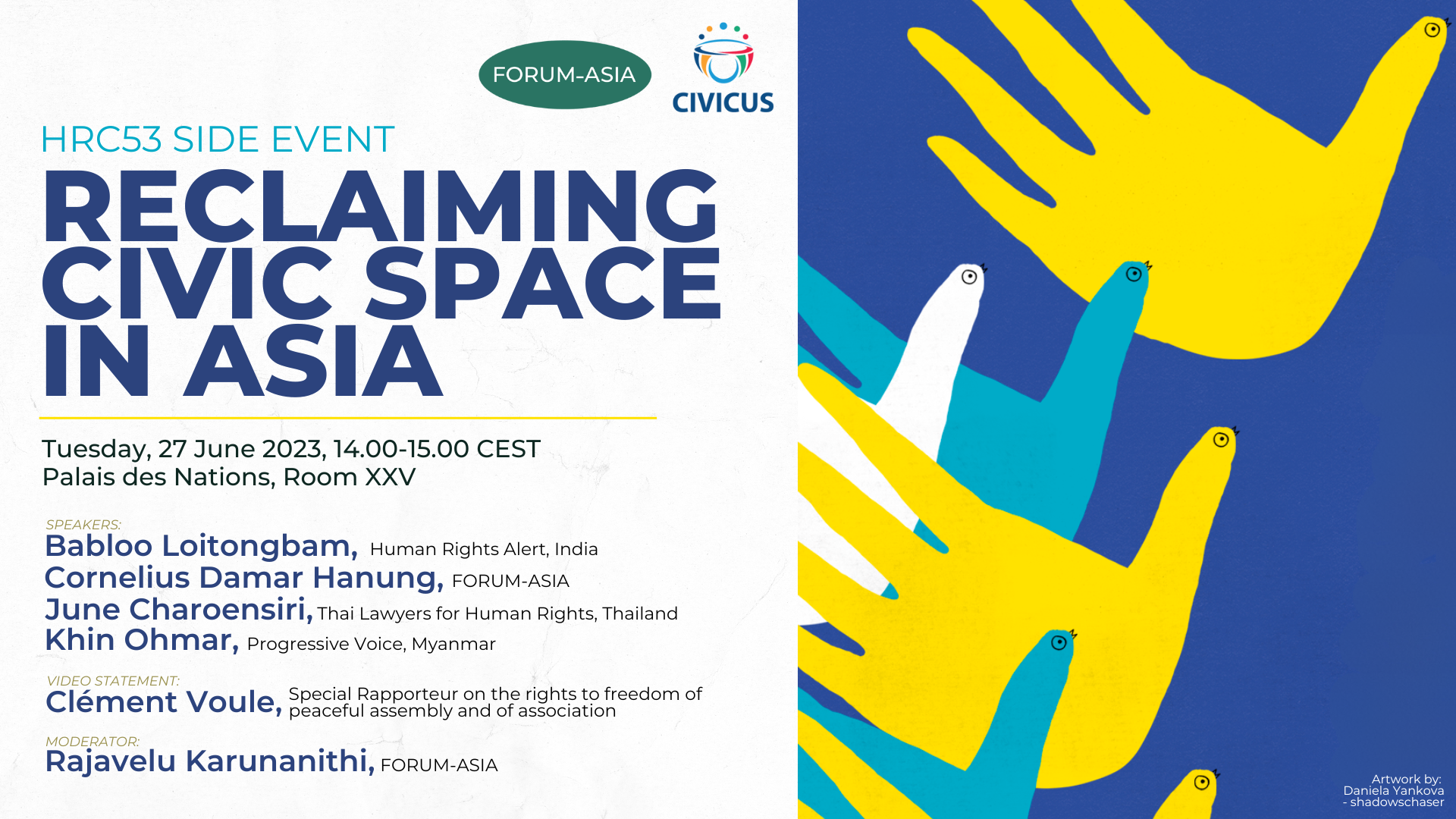
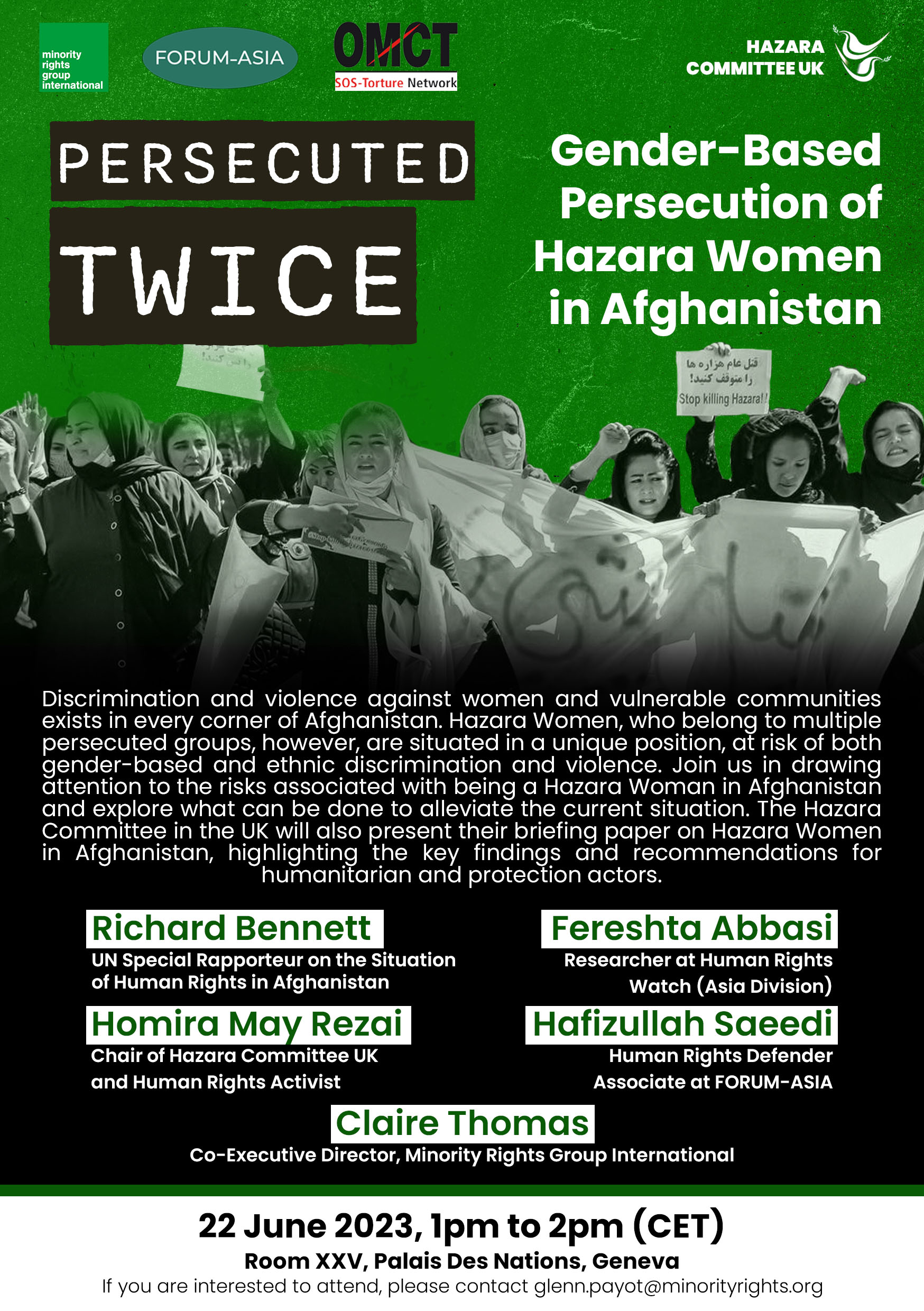
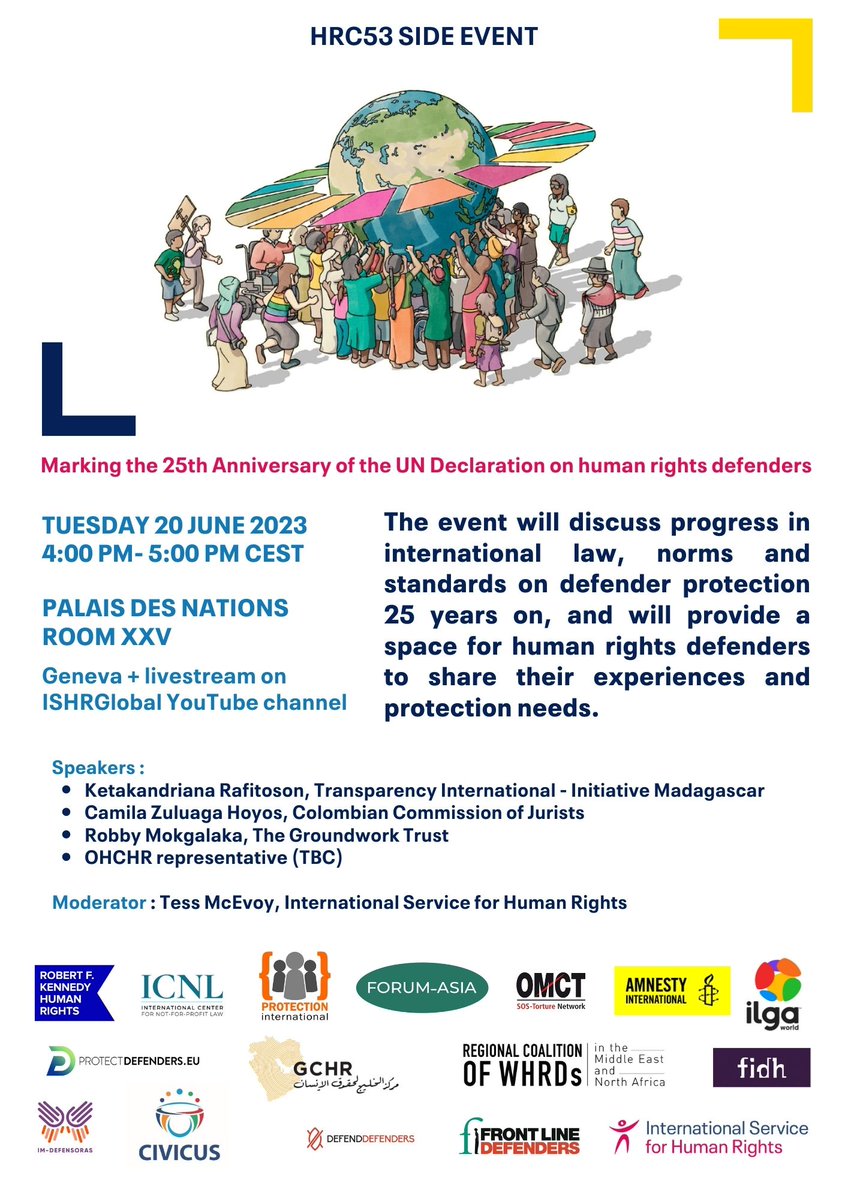

 Date: Wednesday, 21 June 2023
Date: Wednesday, 21 June 2023